DHAKA, June 25 (V7N)– Mirza Fakhrul Islam Alamgir, Secretary General of the Bangladesh Nationalist Party (BNP), today called for an end to incidents of torture and death in the custody of law enforcement agencies, issuing a statement on the eve of the International Day in Support of Victims of Torture.
Fakhrul extended his condolences and sympathy to oppressed individuals and groups worldwide, asserting that "bloodthirsty dictators" have historically undermined peace, democracy, and human liberation. He claimed that "illegal powerful people are wreaking bloodshed and violence in society to spread immoral dominance," leading to various forms of oppression as "victims of the inhuman revenge of the state."
The BNP Secretary General specifically referenced the "July-August mass uprising last year," stating that "countless lives were lost and thousands of students and the people were crippled due to the horrific suppression policy of the then 'fascist' government." He alleged that the "brutal form of oppression of the past cruel and authoritarian Awami government" had shocked the world.
He further claimed that over the past "16 years," countless individuals have been victims of disappearances, killings in alleged gunfights, and physical torture due to "state terrorism." Fakhrul accused the "fascist government" of lacking accountability, controlling all institutions, and imposing "one-party tyranny." He asserted that freedom of expression was "brutally crushed by threatening, intimidating, and torturing the media," and that "reckless oppression and torture were carried out on pro-democracy leaders and activists, including the BNP."
Fakhrul also brought up the case of BNP Chairperson and former Prime Minister Begum Khaleda Zia, stating she was "sentenced to prison in a false and fabricated case by an outrageous decree" and "harassed and tortured in various ways." He claimed her health was made critical by a lack of proper treatment, calling it an "example of state oppression [that] is not easily found."
He concluded by advocating for the highest possible rehabilitation measures and fair compensation for victims of state oppression and their dependents, urging "people who love democracy to resist all oppression in a united manner."
Context on Allegations of Human Rights Abuses:
Human rights organizations and international bodies have consistently reported on allegations of extrajudicial killings, enforced disappearances, and torture in custody in Bangladesh.
Extrajudicial Killings: According to a Netra News analysis of data from Bangladeshi human rights researchers, at least 2,597 people were killed in apparent extrajudicial executions, custodial torture, and by firing bullets at protesters between Sheikh Hasina's reascension to power more than a decade ago and 2024. The Centre for Governance Studies reported that between 2001 and 2018, at least 3,453 people died in alleged extrajudicial killings, with an additional 591 cases between 2019 and 2021, bringing the total to 4,044 since 2001. "Gunfight" or "crossfire" has been reported as the most frequent mode of these killings, constituting 86.63% of cases between 2019 and 2021. Regular units of Bangladesh Police (48.05%) and the Rapid Action Battalion (RAB) (31.90%) have been alleged to be major perpetrators. In December 2021, the United States imposed sanctions on RAB and several of its current and former commanders over reports of their involvement in human rights abuses.
Enforced Disappearances: Human rights monitors reported over 600 enforced disappearances by security forces since 2009. While some individuals were later released or found dead, nearly 100 people remained missing as of early 2024. Odhikar, a prominent NGO, reported over 700 individuals, including top opposition figures and activists, were forcibly disappeared by Bangladeshi authorities between January 2009 and June 2024, with over 150 still missing. Amnesty International noted that at least 522 people became victims of enforced disappearance between 2009 and 2018, with an additional 71 cases between 2019 and 2021.
Torture in Custody: Reports by various human rights organizations allege that torture and other forms of degrading treatment of detainees have become institutionalized practices. At least 49 individuals were reportedly tortured to death while in custody from June 2018 to June 2023. Allegations of torture are rarely investigated or prosecuted, with only one conviction under Bangladesh's Torture and Custodial Death (Prevention) Act since its enactment in 2013, as of early 2024.
END/MSS/RH/



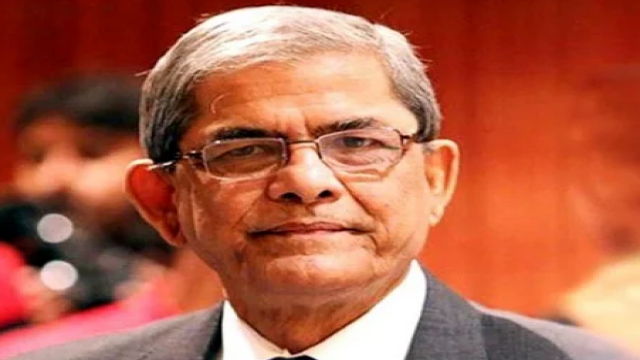
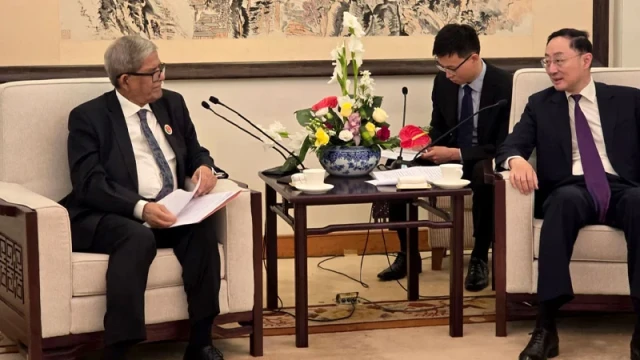


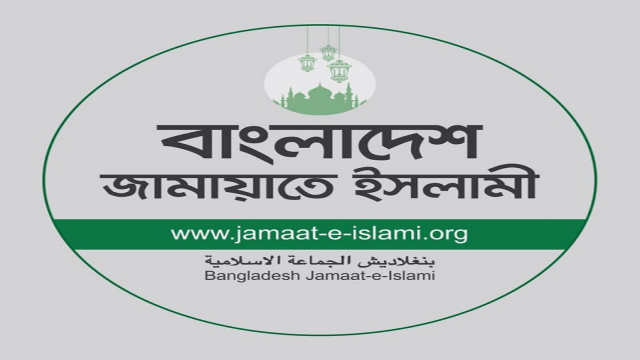

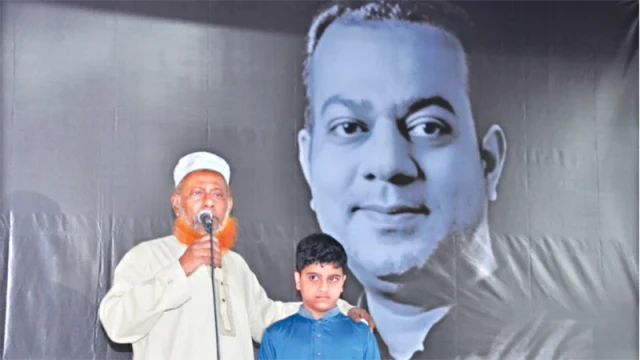
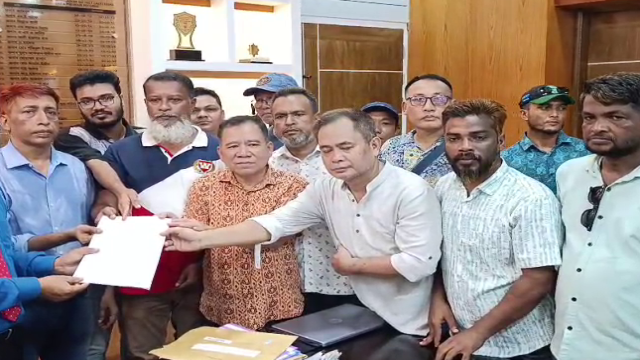

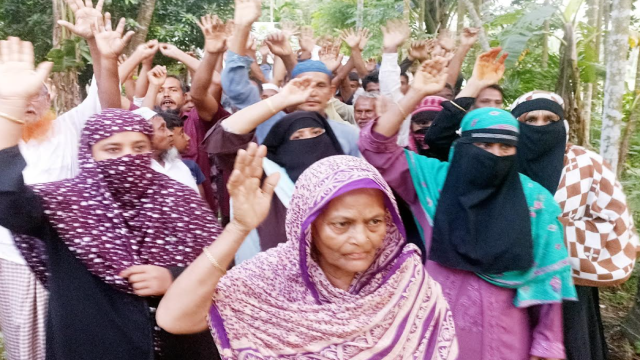
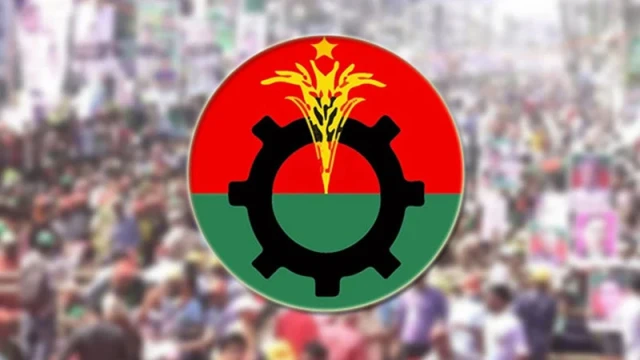

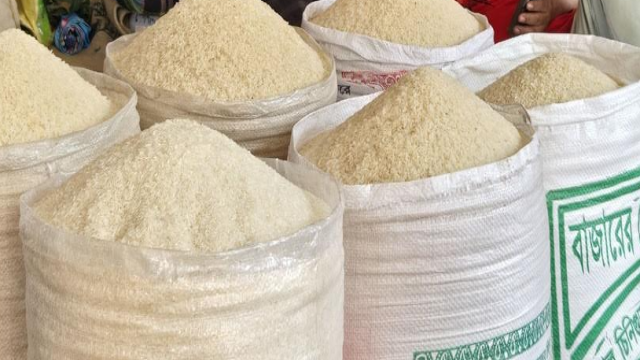

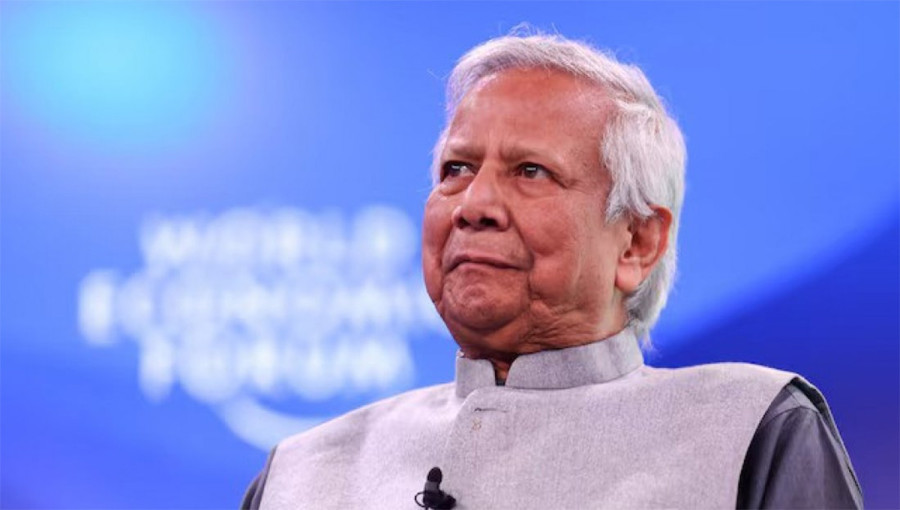


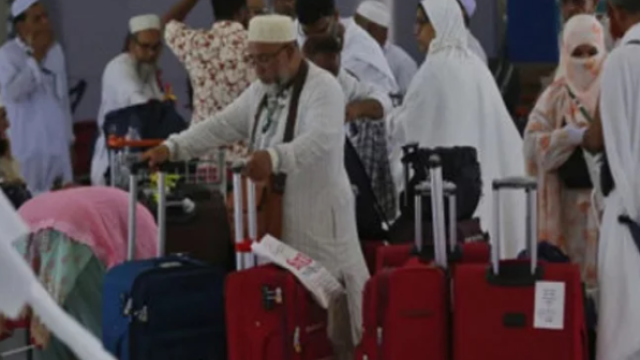
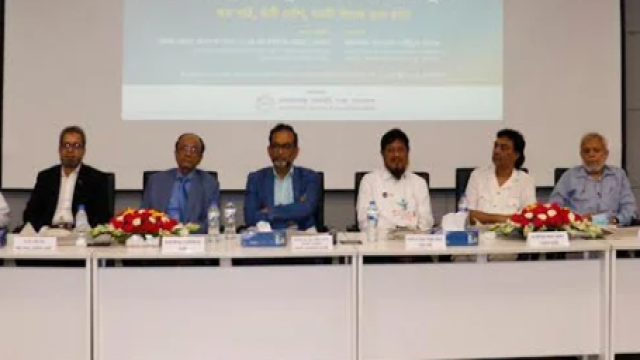

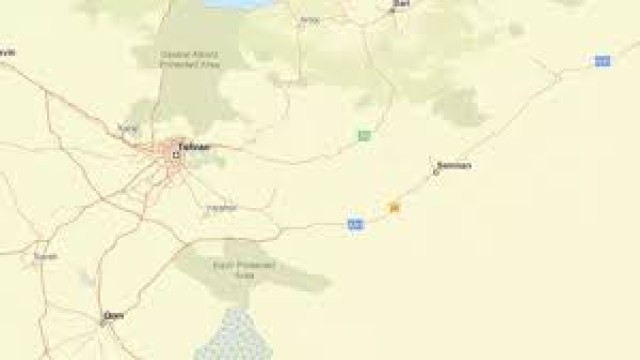

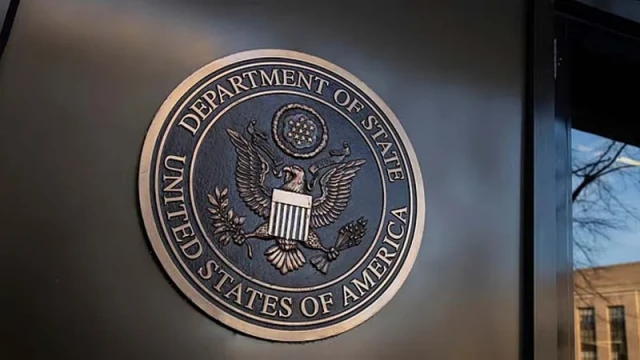

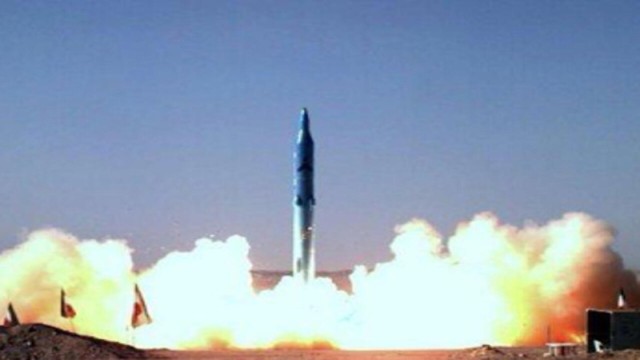
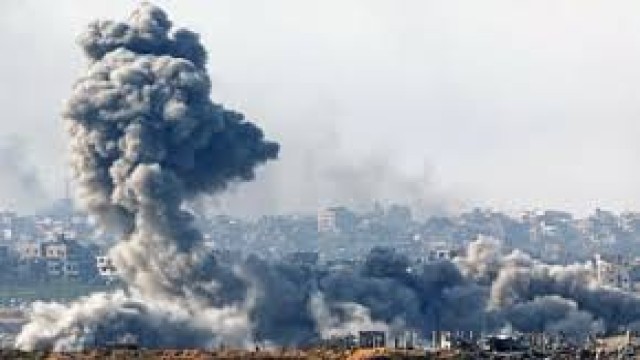

Comment: